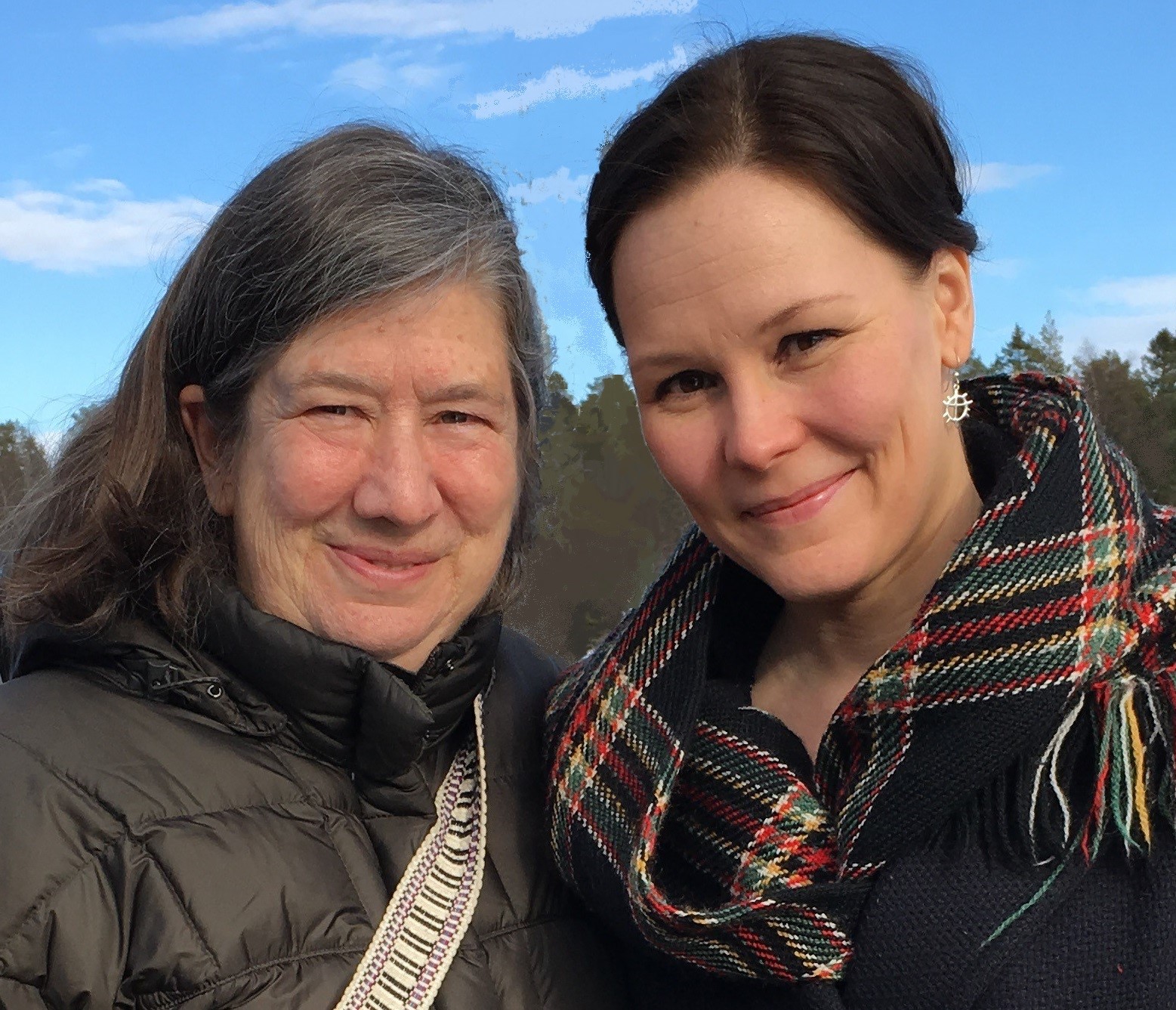
KEYNOTES
Keynote 1
Nancy Hornberger & Hanna Outakoski
Why bother writing Indigenous languages?
In this talk we discuss how the right to write and read Indigenous heritage languages is motivated on a number of different levels ranging from basic human rights to identity enactment and enrichment of cultural expressions. Inclusion of heritage language writing in education and in the free time activities of Indigenous language speakers and learners opens a door of opportunity for the marginalized to express and develop their local literacies in a larger literacy context. The development of the Indigenous perspective in writing is an important part of the emergence of Indigenous citizenship and a wider democratization process that includes the oppressed voices. This talk will also look behind the scenes of participatory collaborative literacy research that focuses on giving back to the research partner communities and on contributing to the locally identified literacy development projects. The principles of reciprocity and giving back are in the heart of the research methodology that engages a wide spectrum of researchers from different disciplines in community development and cultural revival as allies and partners. We will offer some concrete examples of how such a methodology can create waves of knowledge that carry over to many directions instead of merely extracting local knowledge for the sake of Academia.
Nancy H. Hornberger is Professor of Education at the University of Pennsylvania, USA. She is an educational linguist and anthropologist researching on multilingual language education policy and practice in immigrant and Indigenous communities. With sustained commitment and work with Quechua speakers and bilingual intercultural education in the Andes beginning in 1974, she has also taught, lectured, collaborated and advised internationally. She has published over two dozen books and more than 100 articles and chapters, including Indigenous Literacies in the Americas: Language Planning from the Bottom Up (1997), Continua of Biliteracy (2003), Can Schools Save Indigenous Languages? Policy and Practice on Four Continents (2008), and Honoring Richard Ruiz and his Work on Language Planning and Bilingual Education (2017). Her enduring interests and efforts are in how best to support Indigenous and language minoritized learners in education policy and practice and in ongoing collaboration with Indigenous and language minoritized researchers and communities in reclamation and development of their languages.
Dr. Hanna Outakoski is senior lecturer in North Sámi at the Department of Language Studies at Umeå University, Sweden, and at Arctic University of Norway in Tromsø. She is currently doing research on teaching of heritage language writing at Nordic universities and in Sámi medium primary schools. One of the aims of the current research is to examine how to implement Indigenous teaching methods so as to strengthen the position of Sámi writing among Sámi youth. Apart from literacy studies, her research interests lie on North Sami grammar and syntax, as well as on the possibilities and potential of using virtual worlds and virtual classrooms for language revitalization.

Keynote 2
Teresa Limpo
Evidence on the importance of motivation in writing, or why do we need motivated writers?
Teresa Limpo is Assistant Professor at the Faculty of Psychology and Education Sciences at the University of Porto. She conducts research on the cognitive and motivational processes involved in writing. She has also developed evidence-based writing interventions to promote writing skills in children, and she regularly creates and implements professional development courses to train teachers in using these practices. Currently, she is the Principal Investigator of the M2S Project, which is aimed to study the link between writing, executive functions, and mindfulness (m2s.up.pt).
